With its fuzzy heart shaped leaves, Fringe Cups, also known as false alum root, makes a nice addition to the woodland garden. Fringe Cups is classified as a rosette forming herbaceous perennial groundcover which can grow to 3’ tall and spread to 2’. Large, attractively veined, rich green leaves stay low with flower stalks rising above. Under good conditions this plant will spread by thick underground rhizomes. Flowers consist of 10-35 green-white flowers turning pink-red as the blossom ages. Description from pnwplants.wsu.edu
Home > Plant Guide >
Scientific Name
Family
Garden Type
Wildlife
Native Plant Region
Light needs
Water Needs
Plant Type
Bloom Color(s)
Height
Width
Months in Bloom
Safe Beneath Power Lines?
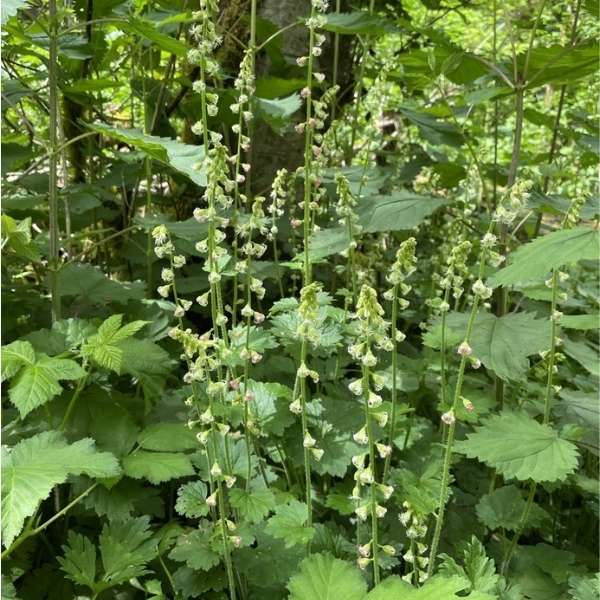
We’d like to maintain accurate and robust plant listings. If you see information that is not correct or that could be added to improve the listing, please let us know. Or if you’d like to suggest a plant to add to our plant guide, you can use this form do so. Thank you!
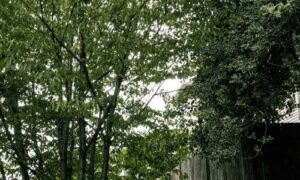
The plants, animals, fungi, microbes, and other natural features that make up “urban habitat” are important to the character, function, and livability of cities.
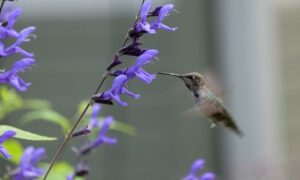
Protecting the trees and other vegetation that what we currently have is perhaps the most important way to ensure biodiversity in cities.
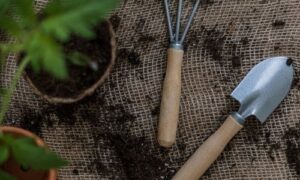
New types of vegetation can attract additional wildlife to an area. You might be surprised how a little green can go a long way!
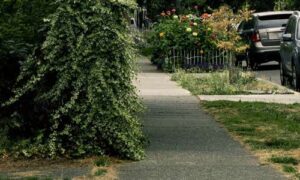
Start a garden in a planting strip along the street. Explore our interactive corridor map, find what to grow, and start nurturing today.

Learn about diversifying the way architecture is taught and practiced from designers of color.
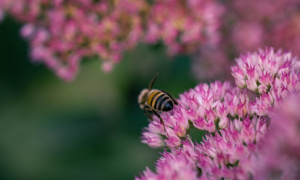
This workshop will guide you through the process and materials needed to help you decide if Mason Bees are right for you and your garden, whether you have a small deck or an open garden.
Nature of Your Neighborhood is a collaboration between Birds Connect Seattle, the Capitol Hill EcoDistrict, and the Seattle Bird Conservation Partnership. Our goal is to foster relationships between the people and the nature of their neighborhoods.